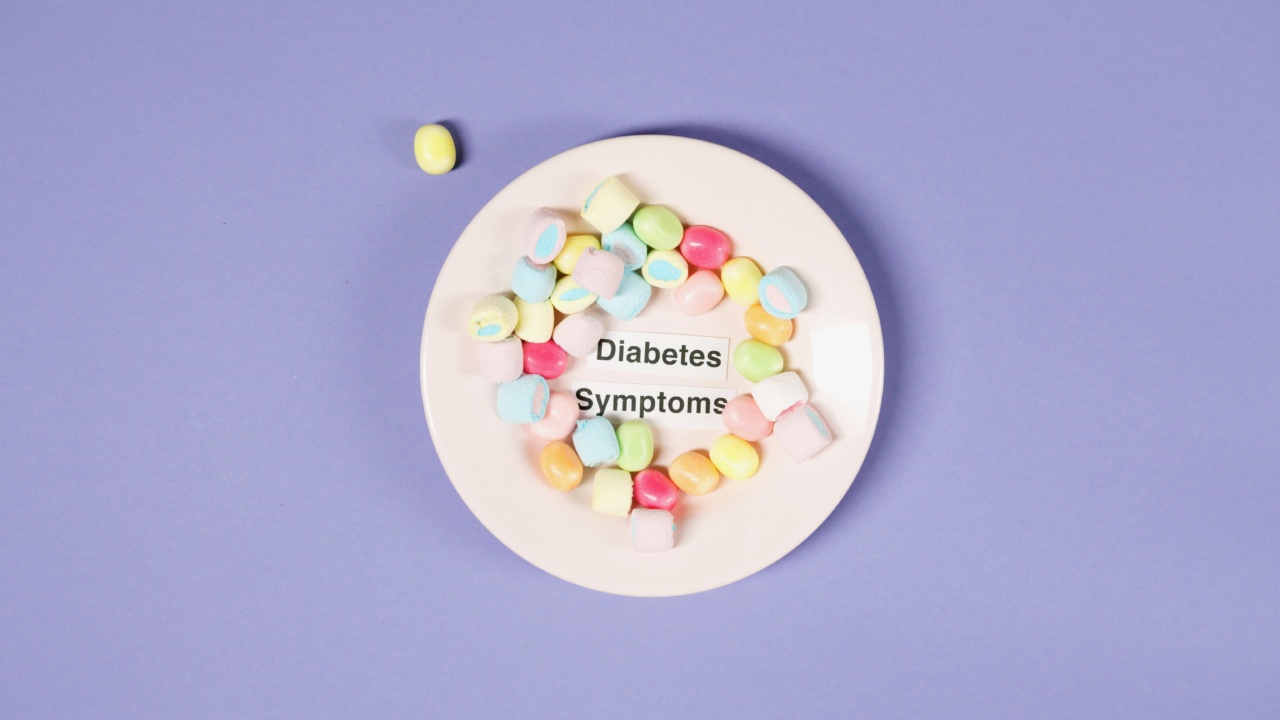Psoriasis is a chronic skin condition that causes itchy, red and scaly patches on different parts of the body.
While the actual cause of this condition is not known, certain factors such as genetics, immune system dysfunction and lifestyle choices can trigger or worsen psoriasis symptoms. It is important to make certain dietary changes in order to control psoriasis symptoms and avoid flare-ups. One such dietary change is avoiding certain foods that can trigger psoriasis symptoms.
Here are 7 foods that should be avoided if you have psoriasis symptoms.
1. Red Meat
Red meat is high in saturated fats and arachidonic acid, which can trigger inflammation in the body and worsen psoriasis symptoms. Eating too much of red meat may also lead to weight gain, which can make psoriasis worse.
Instead, try to consume lean meats such as chicken and fish, which contain omega-3 fatty acids that can help reduce inflammation and alleviate psoriasis symptoms.
2. Dairy Products
Dairy products such as milk, cheese and butter may contain high levels of casein, which is a common allergen that can trigger psoriasis symptoms. In addition, dairy products can be high in saturated fats, which can worsen inflammation in the body.
If you are intolerant to lactose, you may also experience digestive issues such as bloating, gas and diarrhea, which may worsen psoriasis symptoms. To avoid such issues, try to substitute dairy with non-dairy alternatives such as almond milk, soy milk or oat milk.
3. Gluten
Gluten is a type of protein found in grains such as wheat, rye and barley. It can trigger autoimmune reactions in the body and worsen psoriasis symptoms.
In addition, gluten can also cause digestive issues such as bloating, gas and diarrhea, which can further aggravate psoriasis symptoms. To avoid gluten, try to substitute it with gluten-free alternatives such as quinoa, amaranth and brown rice.
4. Processed Foods
Processed foods such as packaged snacks, frozen meals, fast food and soda are high in trans fats, added sugars and preservatives, which can worsen inflammation in the body and trigger psoriasis symptoms.
In addition, these foods are often high in calories and can lead to weight gain, which can worsen psoriasis symptoms. To avoid processed foods, try to consume whole foods such as fruits, vegetables, whole grains and lean proteins, which are rich in nutrients and can help alleviate psoriasis symptoms.
5. Nightshade Vegetables
Nightshade vegetables such as tomatoes, eggplant and peppers contain a type of alkaloid called solanine, which can trigger inflammation in the body and worsen psoriasis symptoms.
These vegetables can also be high in lectins and saponins, which can further aggravate inflammation in the body. If you are sensitive to nightshade vegetables, try to substitute them with non-nightshade vegetables such as broccoli, spinach and zucchini.
6. Alcohol
Alcohol can trigger inflammation in the body and worsen psoriasis symptoms. It can also interfere with the effectiveness of certain medications used to treat psoriasis.
In addition, alcohol can lead to dehydration, which can further aggravate psoriasis symptoms. If you choose to drink alcohol, try to limit your consumption to moderate levels and stay well hydrated.
7. Sugary Foods
Sugary foods such as candy, pastries, cookies and soda are high in refined sugar, which can trigger inflammation in the body and worsen psoriasis symptoms.
In addition, these foods are often high in calories and can lead to weight gain, which can worsen psoriasis symptoms. To avoid sugary foods, try to consume natural sweeteners such as honey, maple syrup or stevia, in moderation.





























